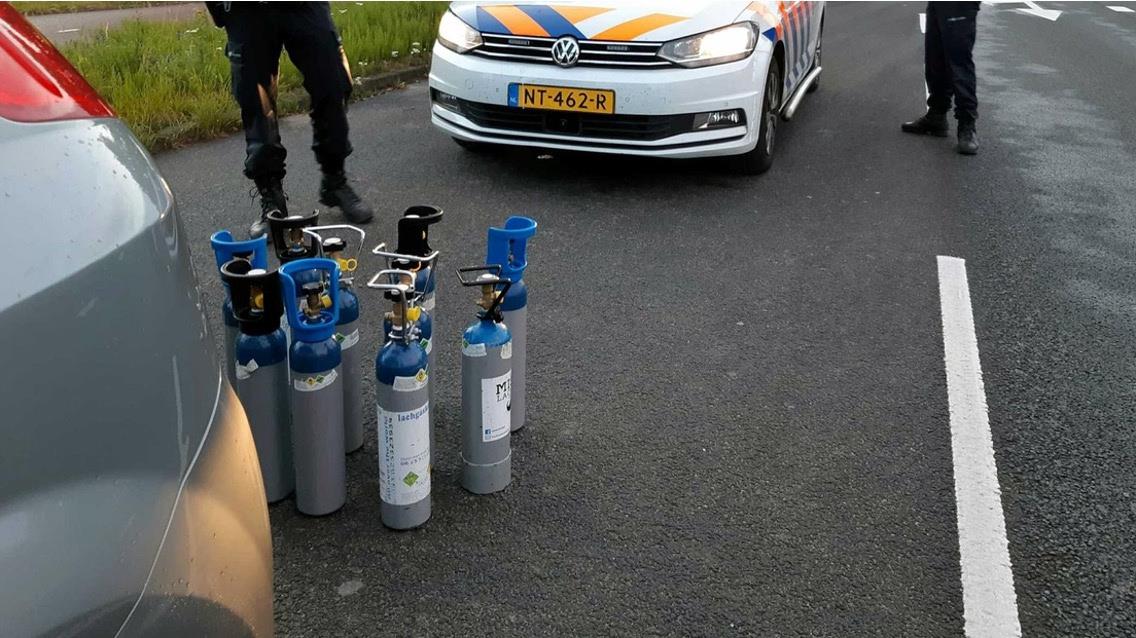Still a high risk of HIV infection for transgender people
Transgender people still run a very high risk of HIV infection. On average, one in five trans women worldwide tests HIV positive, and trans men also have an increased risk of HIV. These are the findings of an extensive analysis by Maastricht University (UM). The results show that transgender people are in a vulnerable position and suffer from stigmatisation, the researchers say. They argue that there is an urgent need for increased and more sharply focused attention for HIV prevention among this group, for example using the preventive medicine PrEP. The results of the study were published on World AIDS Day in the scientific journal PLOS ONE.
HIV infection
In this analysis, the Maastricht researchers examined all 98 studies published between 2000 and 2019 on HIV prevalence among transgender people. This represents the largest collection of research data that has ever been analysed on the subject, comprising information on 50,000 trans people. The study shows that 19.9 percent of all trans women surveyed tested HIV positive, as did just under three percent of trans men. Compared to the rest of the population aged 15 and above, trans women are no less than 66 times more likely to get HIV, and trans men almost seven times more likely. ‘We already knew that trans women are significantly more likely to get HIV, but this is the first time we have been able to show that trans men are also more likely to be infected,’ says research leader Sarah Stutterheim. ‘Our analyses also show that trans people in Latin America and southern Africa are in a particularly vulnerable position. We therefore need not only to ensure that HIV prevention is geared to trans women and trans men, but also to tackle the wider social vulnerability of trans people.’
Stigmatisation
It is precisely in view of the vulnerable social position of transgender people worldwide that the researchers are calling for greater attention to be paid to this specific group with regard to HIV prevention. This includes improving knowledge among transgender people about HIV, and among healthcare professionals about transgender people. In addition, the research team advocates expanding access to the preventive drug PrEP. Continuous monitoring is necessary to determine the extent to which the use of PrEP can affect the rate of HIV infection among transgender people. ‘For trans people, HIV prevention is not just a matter of information and PrEP, but also of tackling stigma,’ says Sophie Schers of Transgender Network Netherlands. ‘We want to see rapid research on trans people’s access to PrEP and to STI surgeries run by the public health service in the Netherlands. If stigma is an obstacle, the onus is on municipalities to take action.’ HIV is a sensitive subject for many trans people, says Dinah Bons of the activist network Trans United Europe. ‘There is still a large group of trans people who find it hard to talk about sexuality in relation to gender identity. Stigmatisation and transphobia in society play an important role in this.’
Also read
-
When nitrous oxide (laughing gas) is used recreationally, its presence remains detectable in the breath and bloodstream for at least 60 minutes after inhalation, and the development of an instrument to measure it is technically feasible. These were among the findings of a study at Maastricht...
-
Milene Bonte, professor of Cognitive Neuroscience of Language and Literacy Development at UM’s Faculty of Psychology and Neuroscience, has received an NWO Vici grant of 1.5 million euros. The amount is earmarked for research into the timely identification of children in need of extra support to...
-
Four Maastricht research teams are starting their projects funded with money from the Open Competition of grant provider ZonMw. In addition, a Nijmegen research team has been awarded, which includes Harro van Lente, professor of Science and Technology Studies at Maastricht University (UM).


